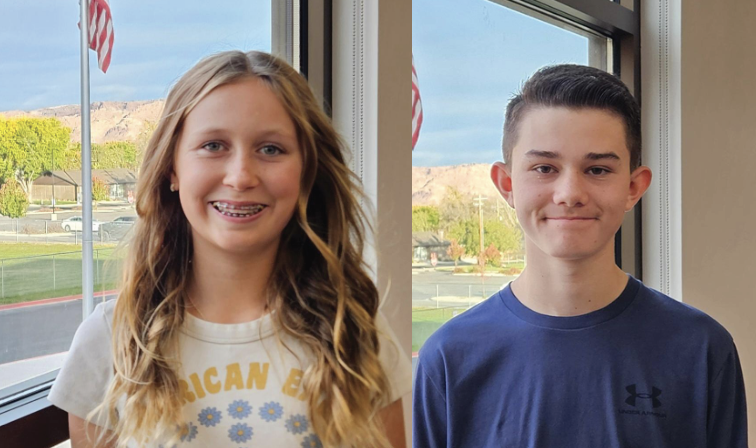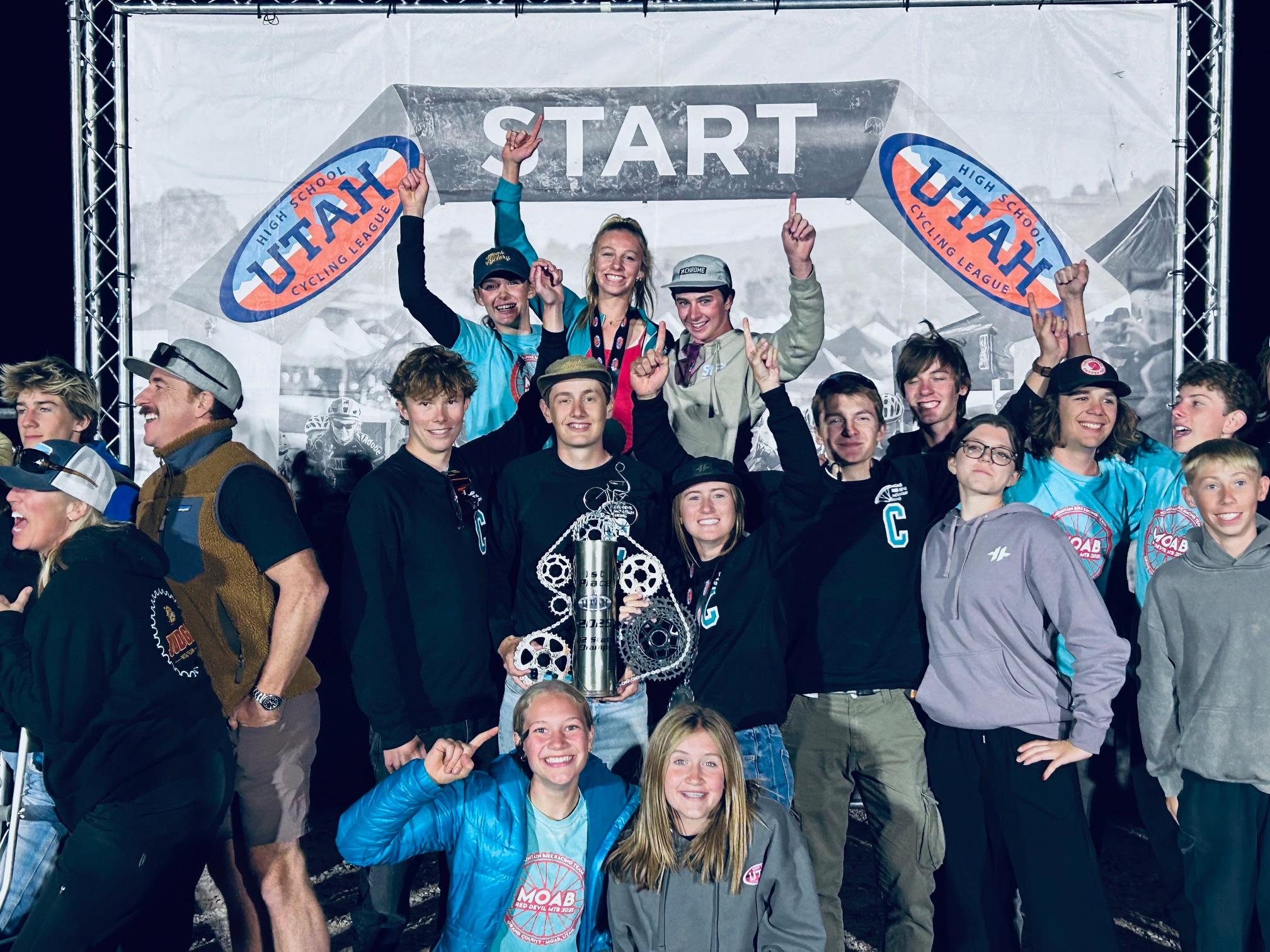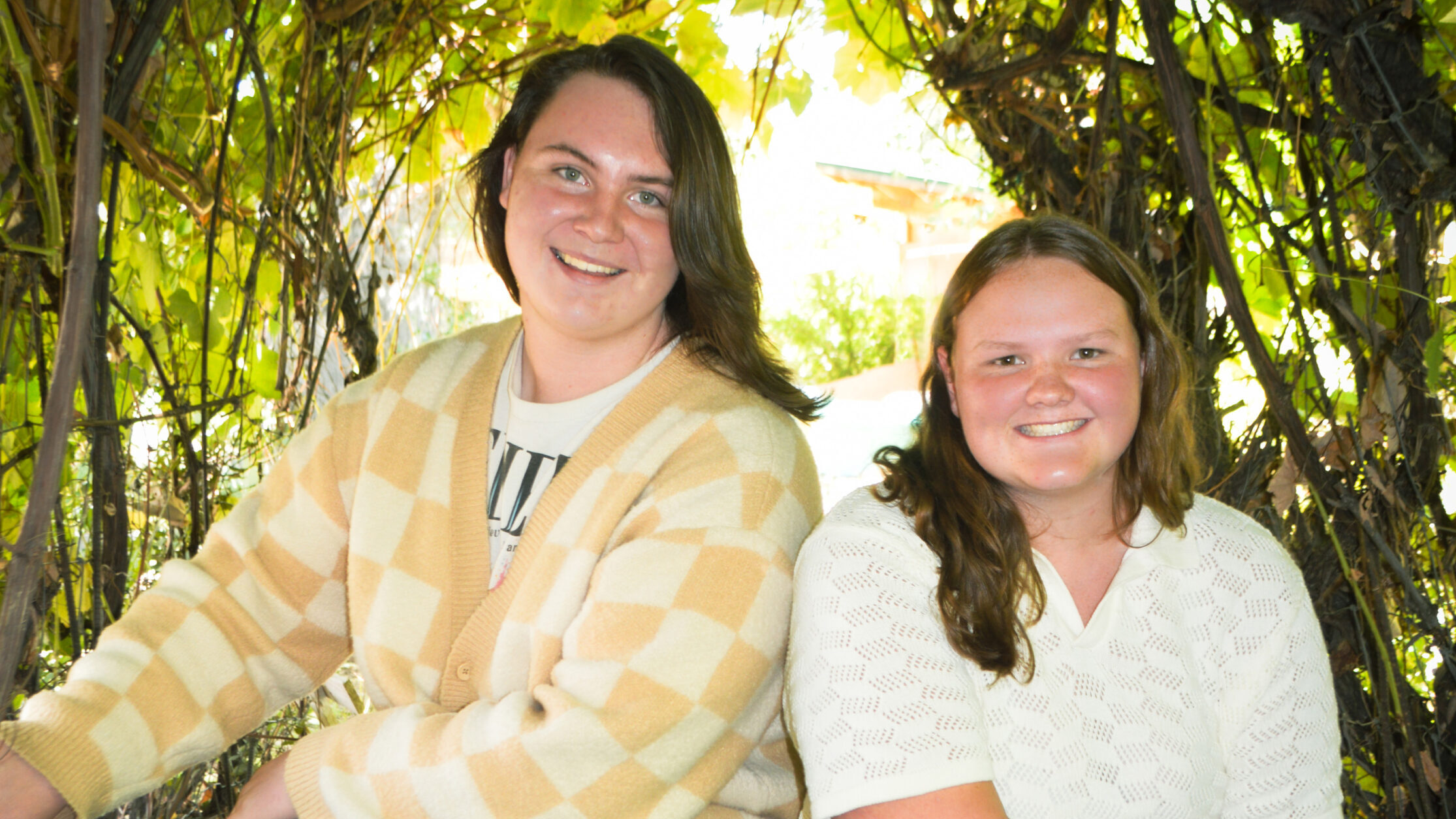Some information may be outdated.
Utah’s Office of Outdoor Recreation, which operates under the Governor’s Office of Economic Development, was the first of its kind in the nation when it was created in 2013. Through collaboration with businesses and community partners, the office works to broaden the economic value of Utah’s outdoors. Each year the office awards grants to municipalities, counties, tribal governments, and nonprofits in Utah to build trails, outdoor education facilities, and other recreational infrastructure. Several projects in southeastern Utah were awarded Outdoor Recreation Grant Funds for the 2021 grant cycle, including two in Grand County: completion of the Colorado River Pathway and improvements to property used by Moab nonprofit Canyonlands Field Institute.
Colorado River Pathway
The paved Colorado River multi-use pathway follows Highway 128 along the Colorado River. Construction began in 2008, and three of four phases have been completed for a cost of about $10 million. It’s a popular place for a casual ride; it’s accessible from the Goose Island Campground and the Lions Park trail hub. The trail also nearly reaches both the Grandstaff Canyon hiking trailhead and the Porcupine Rim bike trail. Porcupine Rim is the final segment of the famous Whole Enchilada bike route, a bucket-list adventure for many Moab visitors. Grand County officials estimate that 30,000 bikers annually use the River Pathway to connect to Porcupine Rim, and must move onto the narrow, winding Highway 128 for the 0.647 mile gap between the two trails. Completion of the pathway will provide a much safer exit for those thousands of bikers.
Grand County was awarded $150,000 in grant funds towards the project from the Office of Outdoor Recreation, the maximum amount awarded for projects in the program’s “Tier 1” category. The grant stipulates that the applicant must spend a matching amount on the project, and that the project be completed within two years of the acceptance of the grant. The total cost of Phase IV of the pathway is estimated to be $7,856,000.
Commission Administrator Chris Baird said Grand County’s match for the grant will likely come from the county’s paved path fund. Baird is working with Congressman John Curtis, who represents Utah’s 3rd Congressional District (which includes Grand County), to secure $1 million from a federal Community Projects program to put towards the pathway. For further funding, Baird hopes to tap into state-level active transportation funding sources.
Canyonlands Field Institute
Local nonprofit Canyonlands Field Institute has been offering outdoor education on the Colorado Plateau since 1984. In 2014, the organization moved their field camp to a new site in Professor Valley, off Highway 128. The camp features teepees, culinary water, toilet facilities, and a large campfire gathering space, all located among natural ecosystems and spectacular scenery. With a grant from the Office of Outdoor Recreation for $62,000, CFI plans to convert a natural swale on the property to a landscaped outdoor classroom/amphitheater. Other improvements include the addition of ADA access, rope handrails, directional signs, and fencing for safety and privacy. Two remote, ADA accessible, composting toilets are also included in the project.
“Improvements will create an additional teaching and performance space, and make the site safer and more comfortable for families and groups with special needs members,” reads the grant award summary of the CFI project. The project is estimated to cost a total of $171,356.
Other regional projects
The Office of Outdoor Recreation awarded a total of $7.6 million to projects around the state. In addition to the two projects located in Grand County, several projects in the surrounding region also received a share of the state funding.
Epicenter is a nonprofit located in Green River, with a mission of revitalizing the rural town through art and architecture, building local leadership and increasing housing options. The organization was awarded $10,000 towards an outdoor classroom at Pearl Baker Park, a green space included in designs for a new housing project launched by Epicenter called Canal Commons [See “Looking to the future, respecting the past,” March 7 edition. -ed.] Pearl Baker was an influential resident of Green River and author of the book “The Wild Bunch at Robber’s Roost,” a popular account of outlaws who used the intricate canyon country as a hideout. The outdoor education space at Pearl Baker Park will focus on local ecologies, histories, and cultures and on helping rural youth connect with and invest in their communities. The project is anticipated to cost a total of $20,000.
To the south, the nonprofit Canyon Country Discovery Center in Monticello was awarded $2,700 towards an outdoor learning center to be located next to the organization’s headquarters. The organization provides learning experiences on and about the Colorado Plateau through adventure, instruction, and stewardship. The new outdoor learning space will include an amphitheater, a shade sail, expansion of a native plant garden, and an “astronomy area.” The total cost of the project is estimated at $7,900.
Further afield, more Outdoor Recreation Office funds will go towards the Friends of Cedar Mesa for an outdoor education center in Bluff and to the Bluff Historic Preservation Association toward the construction of the Bluff River Trail. To the north, the cities of Helper, Castle Dale, Orangeville, and Ferron will receive funds towards trails, interpretive signs, and trail hubs.
Appreciate the coverage? Help keep local news alive.
Chip in to support the Moab Sun News.




